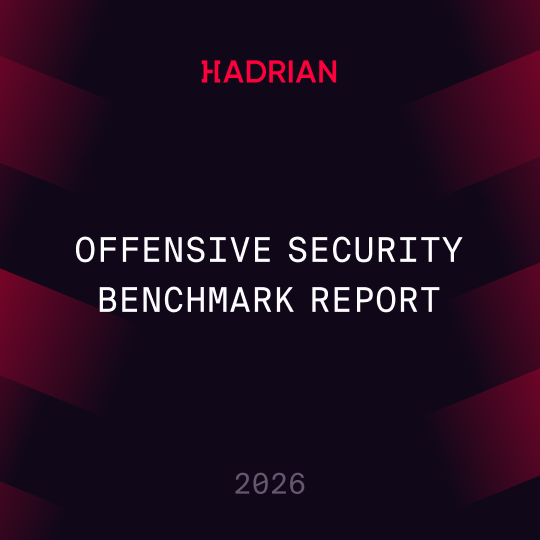
Threat actors never stop trying new ways to hack your system, nor do they stop attacking if their first try fails. They are continually developing new methods, refining their techniques, and taking advantage of emerging vulnerabilities. That’s why it's no longer enough to conduct one-time, or even periodic, security assessments.
This post is part of our new series called, "Continuous Threat Exposure Management: The Hacker’s Perspective," where we look at how artificial intelligence (AI) is revolutionizing offensive cybersecurity. In it, we show you how a hacker sees things. Because the best way to fight off a hacker is to think like one.
The hacker’s perspective is a top-down and outside-in approach. Hackers look at all your assets, see how they relate to each other, and find the vulnerabilities that will allow them to make attack chains into the deepest parts of your network.
Building upon EASM, AST and Threat Intelligence
Most enterprises today wisely use a combination of methods to block hackers. External Attack Surface Management (EASM), Automated Security Testing (AST) and real-world threat intelligence are some of the essential building blocks for today’s cybersecurity. Here’s why these are important:
EASM supplies the foundation. It provides an exhaustive view of your network, ensuring that no part of the attack surface goes unnoticed. This is essential because you can’t protect what you can’t see.
AST simulates potential attacks. It allows you to find and address vulnerabilities before they are exploited. AST uses automated tools and systems to perform security testing on software or applications, and it has evolved beyond simple vulnerability scanning. It now encompasses a broader range of security concerns, including misconfigurations and lost credentials. It can identify and remediate vulnerabilities on a regular basis without the need for extensive manual intervention.
Real-world threat intelligence helps you contextualize vulnerabilities. You can then prioritize them, based on actual risk. By continuously updating this information, you can maintain a dynamic current understanding of your organization's security posture. Rather than being surprised by an attack, you're constantly staying ahead of threats — a crucial part of proactive cybersecurity.
The Role of AI in Continuous Monitoring
Consider the enormity of data that's generated from monitoring your entire attack surface continuously. Manually analyzing this data would be near impossible and incredibly time-consuming. This is where AI comes in. It automates the process, making it efficient and highly effective. This way you can more quickly and accurately understand the context of your security data.
AI helps you beat hackers at their own game. By leveraging advanced machine learning algorithms, you can predict the most likely attack paths hackers will take within your network, out of trillions of possible combinations.
MOVEit Transfer Case Study: How Continuous Monitoring Could Have Helped
Hackers recently used a vulnerability in Progress Software’s MOVEit Transfer tool to breach dozens of high profile companies from the banking, education and technology industries. When details of the attack were first announced, Progress Software issued an advisory recommending immediate action, including blocking external traffic to specific ports, checking for unexpected files in folders, and shutting down any MOVEit transfers until a patch could be installed.
Completing the advised security actions was a daunting task for most security teams. Reviewing an entire attack surface to ensure that MOVEit Transfer was no longer available was difficult as most organizations did not necessarily know they were using the software. Here’s where continuous monitoring, enabled by AI, could be a great help. It could not only find exposed MOVEit Transfer instances, but it could also confirm whether the version being used was vulnerable to the attack. The AI could then quickly identify and tag any risks for remediation.
Conclusion: The Imperative of Continuous Monitoring in Today's Rapidly Expanding Threat Landscape
In a cybersecurity environment where the window between the discovery of a vulnerability and its exploitation has dramatically shrunk from months to mere hours, a reactive strategy is not just inadequate — it's a recipe for disaster. Threat actors are quicker and more efficient than ever. Staying a step ahead of them requires an equally nimble and proactive approach.
Continuous monitoring, backed by the powerful combination of EASM, AST, and threat intelligence, is not just an asset in this landscape — it's an absolute necessity. It empowers you to rapidly detect vulnerabilities, fully understand the associated risks, and formulate effective responses even before these vulnerabilities can be weaponized.
In this fast-paced realm of cyber threats, continuous monitoring enables you to move from a reactive defense strategy to an offensive one. Continuous monitoring allows you to preemptively neutralize threats.
Contact us to learn more on how Hadrian’s Orchestrator AI can play a critical role in your AST by predicting relevant tests and managing a variety of hacking modules.






